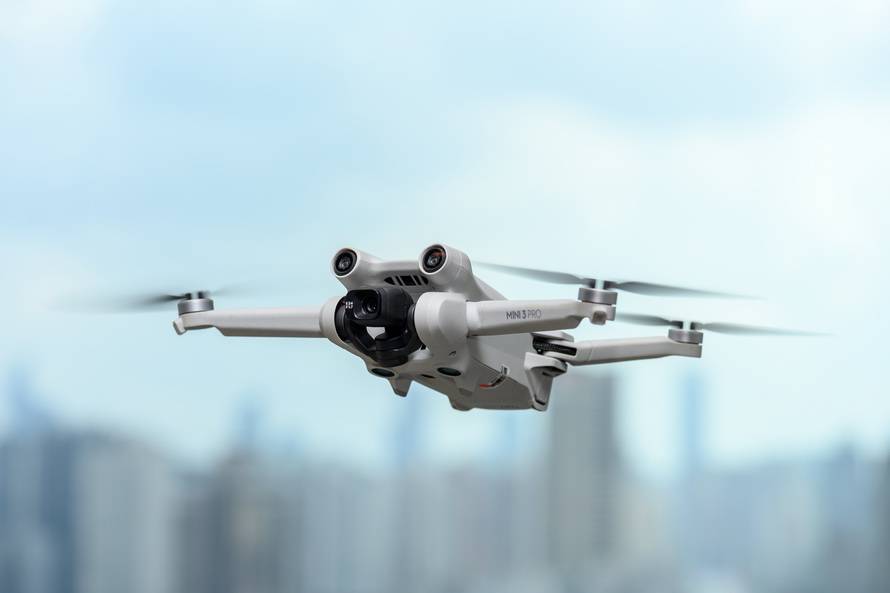Flying drones has become increasingly popular, whether for recreational purposes, professional photography, or commercial use. However, many enthusiasts and professionals alike often find themselves wondering, “Do I need a license to fly a drone?” Understanding the legal requirements and guidelines surrounding drone operations is essential for anyone interested in airborne activities.
Understanding Drone Licenses
Drones, or Unmanned Aerial Vehicles (UAVs), can be divided into different categories based on their use: recreational and commercial. Each category has distinct licensing requirements. For recreational drone users in the United States, the Federal Aviation Administration (FAA) requires registration of drones weighing over 0.55 pounds. While a formal license is not mandatory for recreational flying, operators must adhere to specific safety guidelines set forth by the FAA.
Commercial Drone Use
On the other hand, commercial drone pilots must obtain a Remote Pilot Certificate, more commonly known as the Part 107 License, from the FAA. This certification ensures that operators understand the regulations and safety procedures necessary for flying drones commercially. The process includes passing an aeronautical knowledge test. It’s crucial for those using drones for business purposes, like real estate photography, surveying, or delivery services, to have this certification as it legitimizes their operations under federal law.
Exemptions and Special Cases
There are scenarios where drone operators might be exempt from traditional licensing requirements. For instance, educational or research purposes may allow exceptions or reduce bureaucratic hurdles. Similarly, some hobbyist activities in designated model aircraft fields might have altered restrictions. It’s always advisable to check with local authorities if uncertain about the rules in your area.
Global Licensing Divergence
Drone regulations vary significantly worldwide. While the FAA governs U.S. airspace, other countries have their own licensing systems. In Europe, the European Aviation Safety Agency (EASA) provides guidelines, often requiring operators to go through a registration process and, in some cases, pass a competency exam. Regions like Canada and Australia also have distinctive approaches, each mandating licenses under certain conditions. Prospective international drone pilots should be aware of these divergent regulations to avoid legal complications.
Drone operations require knowledge of both local and international laws and licenses.
Safety and Compliance
Aside from legal considerations, safety remains paramount. Licensed operators often have better training in collision avoidance, privacy laws related to recording and photography, and emergency procedures. Complying with these regulations not only keeps you safe but also helps in preserving the integrity and reputation of the drone community.
The Importance of Staying Informed
Drone technology is advancing rapidly, and so are the rules governing its use. Staying updated on the latest legislative changes is crucial for both recreational flyers and commercial operators. App-based alerts or subscribing to official aviation newsletters can be useful ways to remain informed. Furthermore, authorized training programs often offer refreshers based on real-time changes in regulations.
- Flying under the influence of intoxicating substances is strictly prohibited.
- Etiquette involves respecting personal space and avoiding no-fly zones.
- Usage attracts liability; ensure your drone is insured against damage.

Conclusion: License Necessity
Whether or not you need a license largely depends on your intended use for the drone. Recreational users enjoy more freedoms with fewer requirements, while commercial users must navigate through more stringent licensing processes. Understanding these distinctions is essential for responsible drone ownership. Ensuring appropriate certification not only meets legal mandates but also enhances safety practices.
FAQs
- What is the age requirement for a drone license in the U.S.?
- Commercial drone pilots must be at least 16 years old to apply for a Part 107 Remote Pilot Certificate.
- Can I fly my drone at night?
- With proper waivers and additional training, some holders of a Remote Pilot Certificate can legally fly drones during nighttime hours.
- Do I need insurance for my drone?
- While not legally required in many areas, having insurance can protect against potential damages or liability issues.